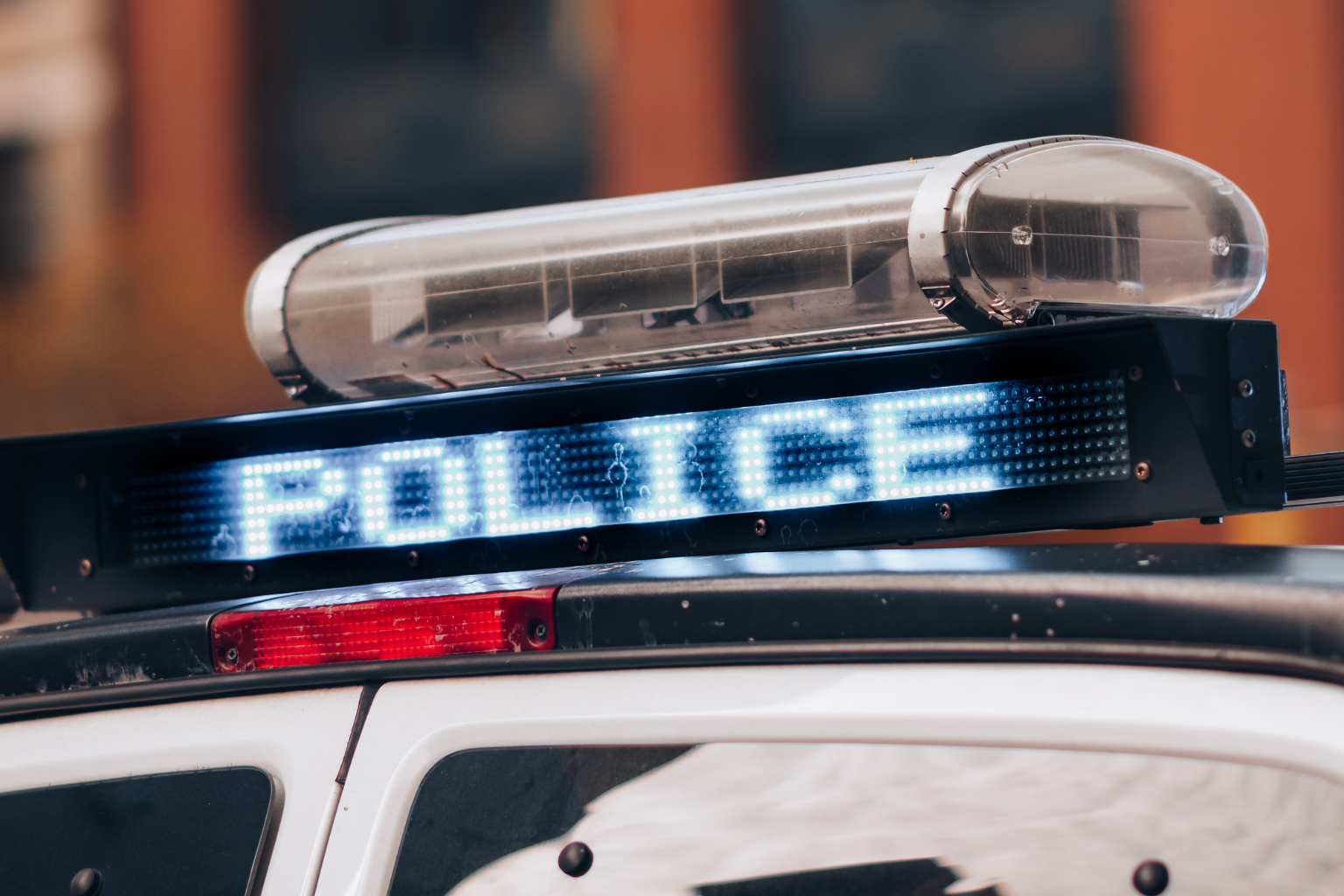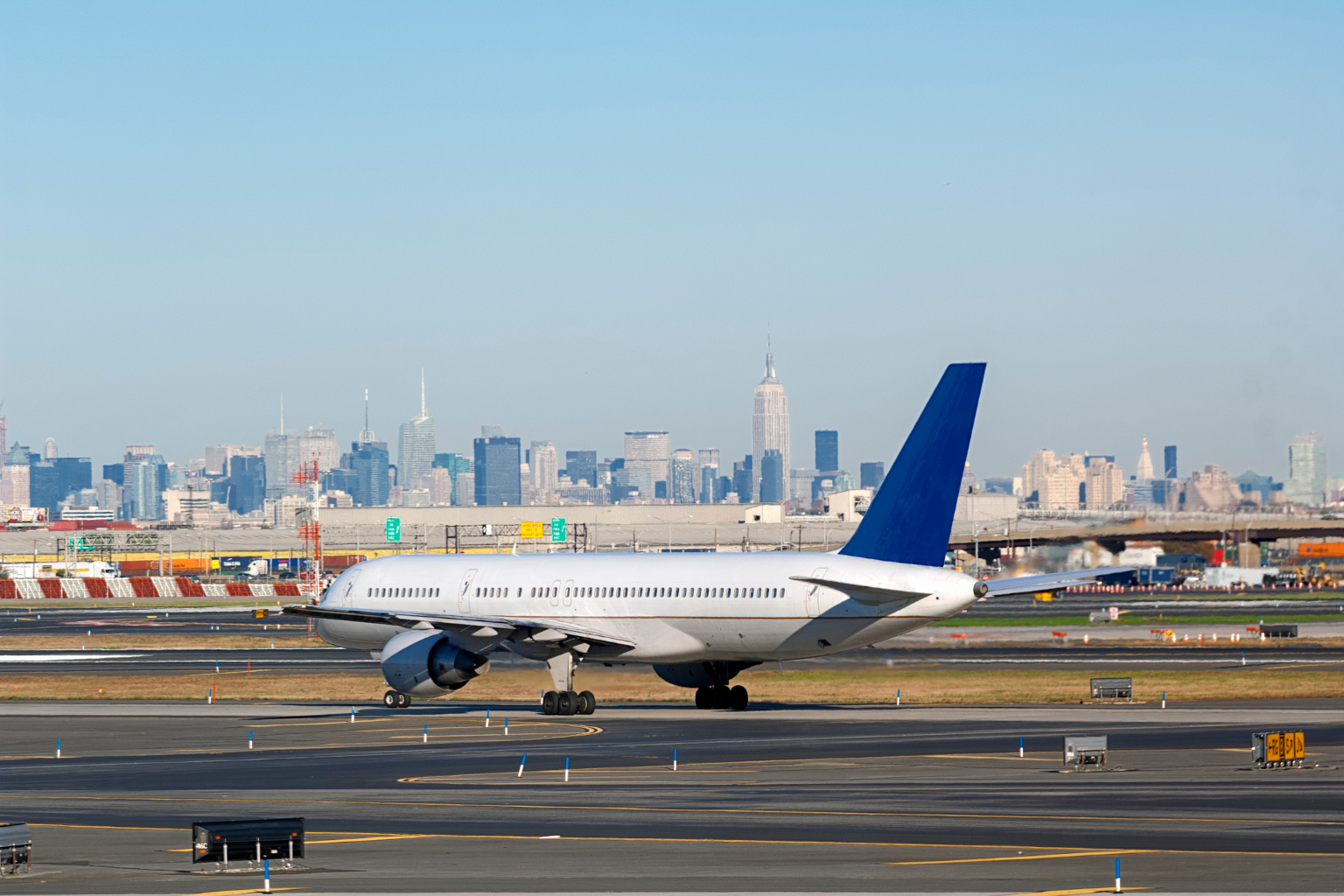Toll Shock Ahead: NJ Drivers Could Face Steep Price Jump by 2026—Here’s Why It Might Happen

A big change might be coming for drivers crossing from New Jersey to Pennsylvania—and not the kind they’ll like. Officials are considering a fresh round of toll hikes that could hit wallets hard by 2026. If approved, E-ZPass users might see their tolls rise to $2, while those without E-ZPass could be charged a steep $5—a jump that’s raising eyebrows across the state.
But what’s driving this possible price spike? It turns out that it’s not just about getting more money. The Delaware River Joint Toll Bridge Commission is under a lot of financial stress, which could change how it fixes and improves some of the most important bridges in the area. A recent financial estimate raised red flags by pointing out that backup funds will not be enough and the debt service coverage ratio will be going down. These are two important factors that help keep the agency’s bond ratings high.
Why does that matter? A drop in bond rating could force the commission to borrow money at higher interest rates, making future bridge repairs and upgrades even more expensive. And the cost of construction materials isn’t helping either. Over the last five years, inflation has hit hard—asphalt is up 28%, concrete 46%, and steel 66%. These rising costs are making routine bridge maintenance feel like a luxury rather than a necessity.
The agency manages eight toll bridges connecting New Jersey and Pennsylvania, including the Route 1 Trenton-Morrisville and I-295 Scudder Falls bridges. It also oversees 12 toll-supported bridges, over 70 lane-miles of roadway, and dozens of smaller structures—many of which date back to the 1800s. Some of these aging spans are due for upgrades soon, and the money has to come from somewhere.
Interestingly, unlike other toll agencies in the region, the commission does not use automatic inflation-based toll increases. Each change must go through public review, and that process has now begun. This fall, there will likely be virtual public meetings and a comment time. This will give people a chance to say what they think before a decision is made.
It’s possible that the toll increase will speed up the switch to automatic tolling on all bridges by 2032. This will save money and make traffic run better. The Trenton-Morrisville Bridge’s design contract has already been given out, which shows that the board is serious about updating the bridge.
Now, though, drivers are left to wonder: will their daily journey cost more soon, or will public opposition stop this plan in its tracks?
Sources:
Delaware River Joint Toll Bridge Commission – Official Website
Bridge Commission Financial Update – July 2025 Statement



